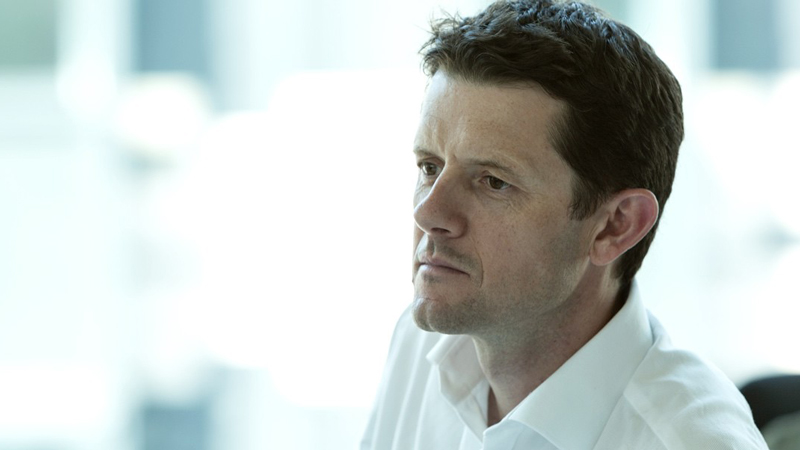Green shoots
Macri campaigned on political rather than economic reform, which was a critical first step. Having successfully established a new government, the focus has shifted to the dire state of the economy. Argentina remains in recession, with the economy shrinking by 3% in Q2 2016. Inflation is also incredibly high at over 40%, along with interest rates, as the central bank benchmark sits at 26%.
However, the poor macro numbers only tell part of the story and certainly do not encapsulate how bad an experience it has been for the average Argentine. Around one-third of the population lives below the poverty line, but for children this is almost 50%. Education has also suffered from years of under-investment and there is little social mobility.

There are, however, green shoots of opportunity emerging. Confidence is improving and government approval ratings remain high at 60%, which should allow it to implement the necessary changes.
GDP proxies are rebounding and could return to growth next year. Inflation is trending down and Argentina will sustain an expansionary budget, which should be comfortably financed due to low public debt and the newfound access to international capital markets. A 10-year education programme is also in the pipeline. Given the depths of challenges being faced, it will no doubt be a rocky journey as the country returns to sustainable growth, lowers unemployment and, crucially, lifts millions of people out of poverty.
Within that environment so much of Argentina’s potential will be unlocked, both domestically and by foreign investors.
A large part of the prospective change has already been reflected in the rally in the bond and equity markets. However, in our view, there still remains tremendous value and opportunity. Indeed, it seems that the winds have finally turned fair once again for Argentina.











